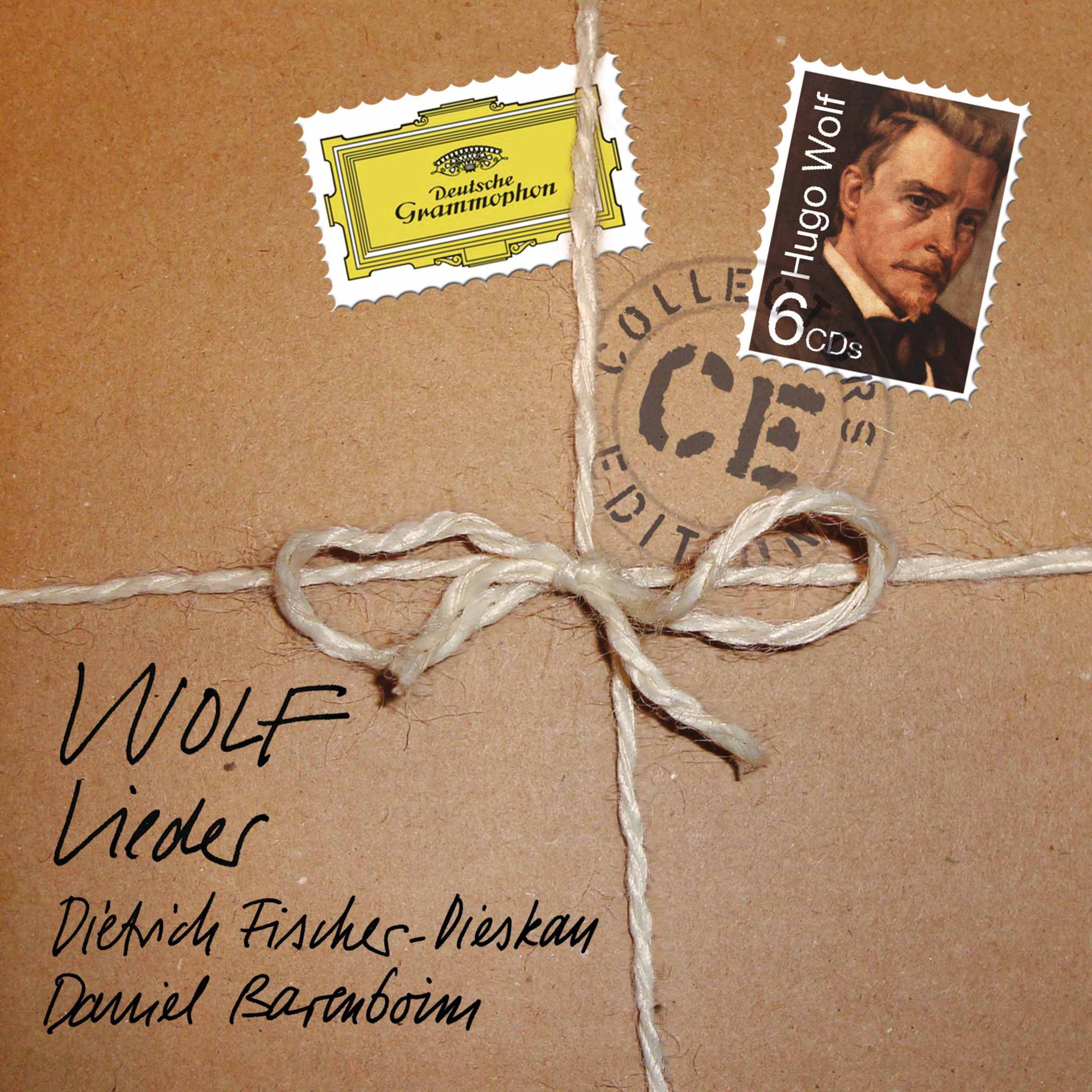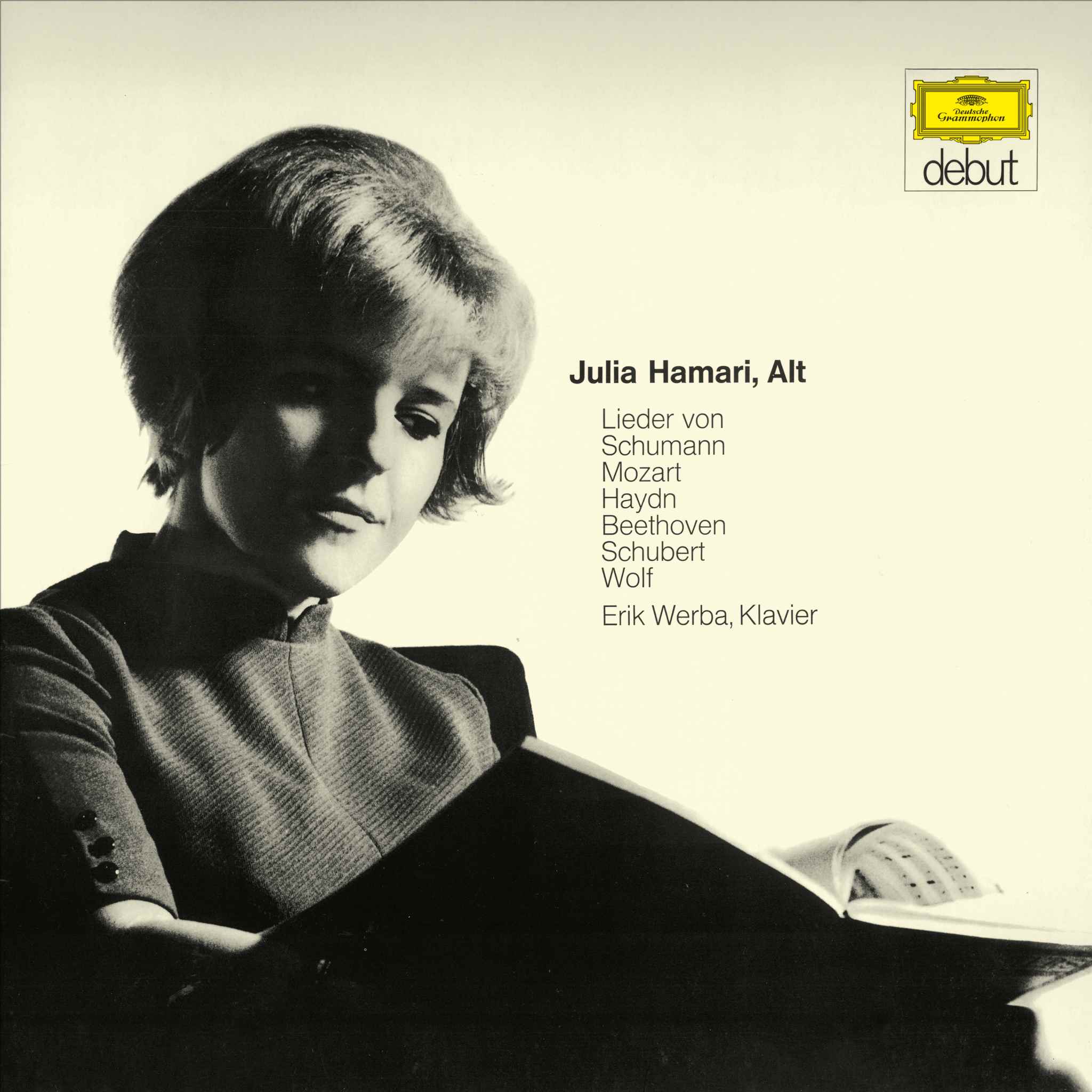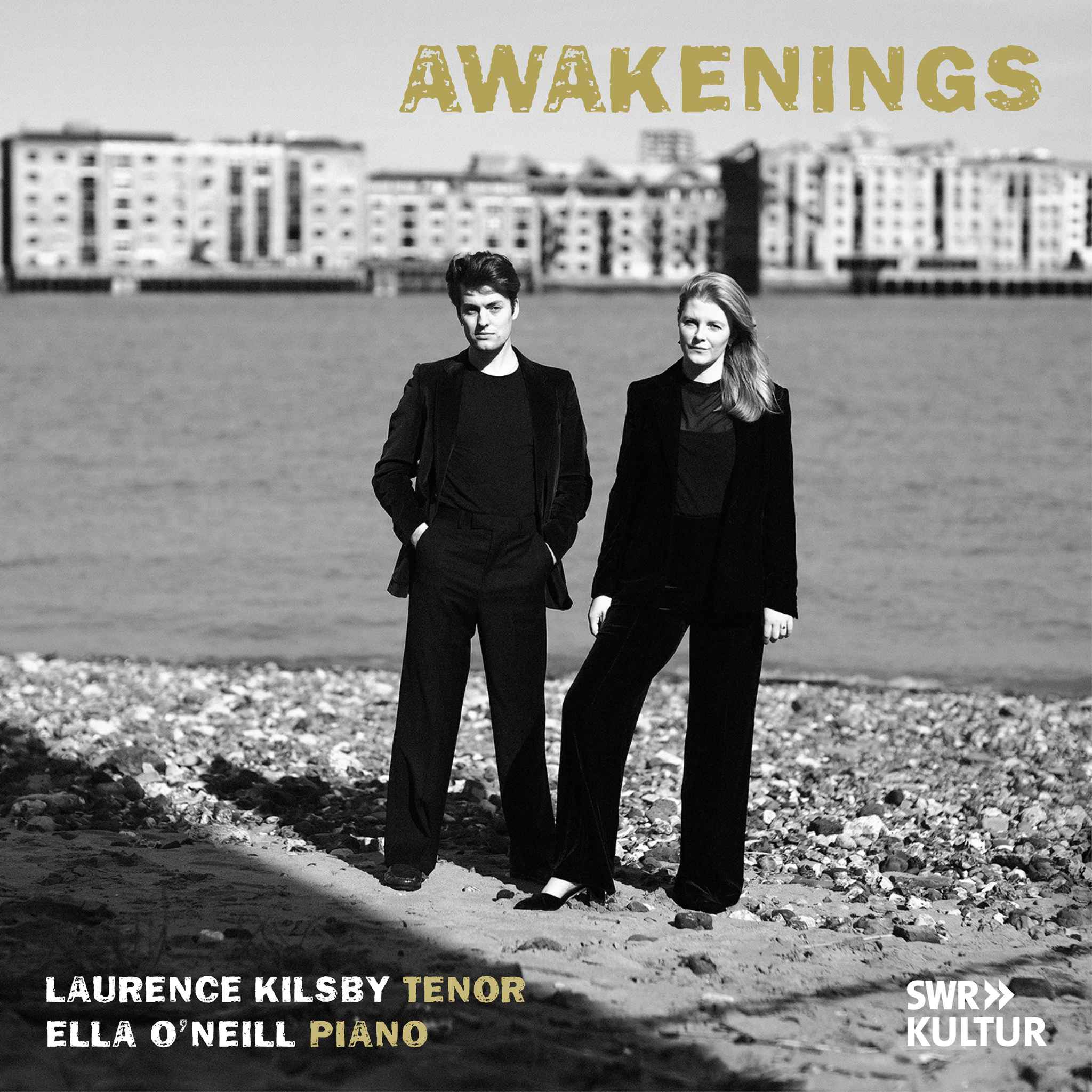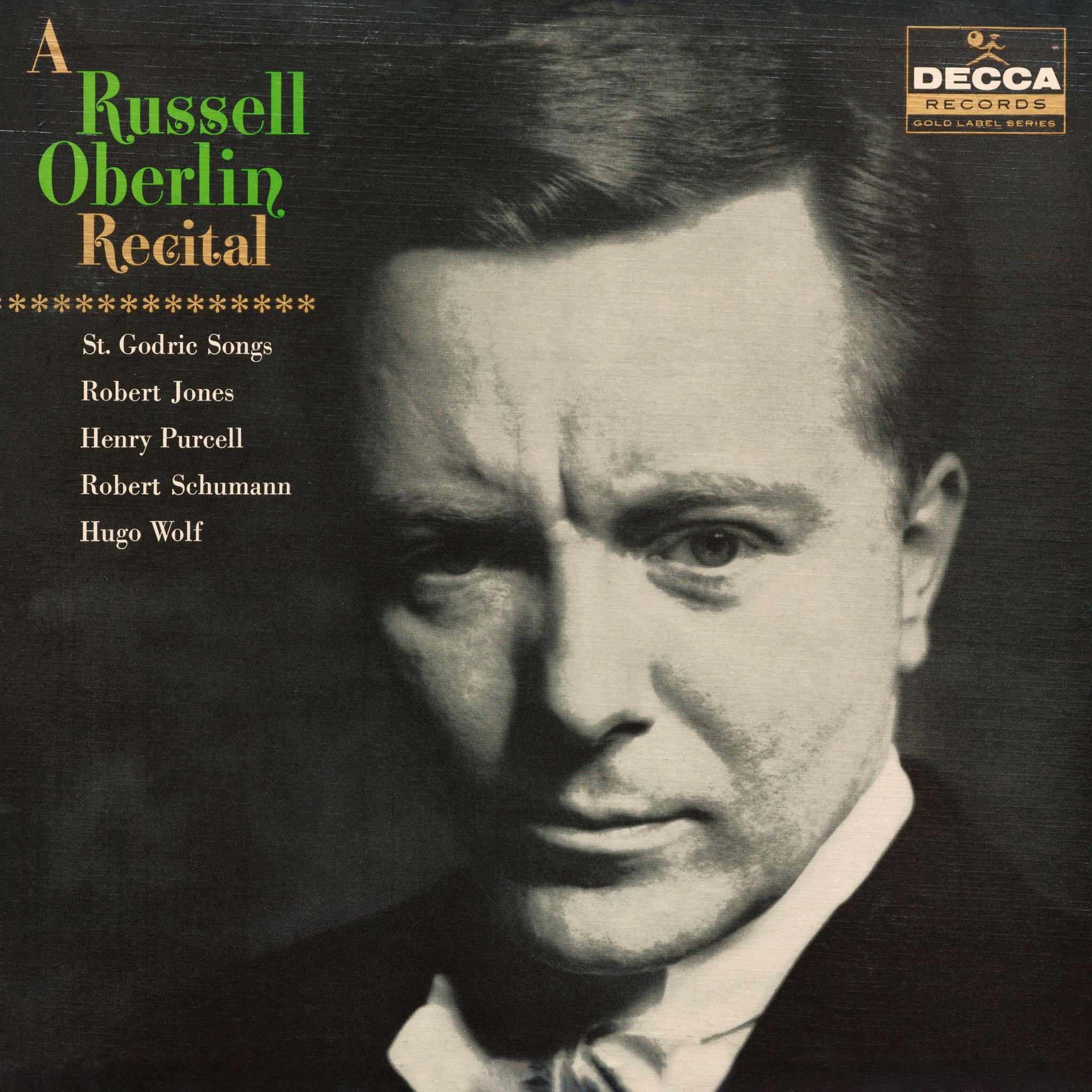Hugo Wolf: Ein Meister des deutschen romantischen Liedes
Hugo Wolf, eine einflussreiche Persönlichkeit der romantischen Ära der deutschen Liedmusik, war ein wegweisender Komponist, der gefeiert wurde, weil er die Kunst des deutschen Liedes, also des Kunstliedes, in der späten Romantik zu neuen Höhen geführt hat. Geboren am 13. März 1860 in der steirischen Stadt Windischgraz (heute Slovenj Gradec, Slowenien), war Wolfs Leben sowohl von kreativer Brillanz als auch von persönlicher Unruhe geprägt.
Frühes Leben und Karriere
Wolf begann seine musikalische Laufbahn in Wien, wo sein außergewöhnliches Talent früh erkannt wurde. Sein akademischer Weg verlief jedoch nicht reibungslos. Er studierte von 1875 bis 1877 am Wiener Konservatorium, wurde aber wegen angeblicher Disziplinlosigkeit entlassen, was seine akademischen Bestrebungen abrupt beendete. Während seiner Zeit am Konservatorium begegnete er bedeutenden Komponisten wie Richard Wagner und wurde später in Wien mit Gustav Mahler bekannt. Trotz des frühen Endes seines Studiums wurde Wolf ein produktiver Komponist und Musikkritiker in Wien. 1881 wechselte er unerwartet für eine kurze Zeit als Dirigent nach Salzburg.
Künstlerische Leistungen und bedeutende Werke
Wolfs Beiträge zur Musik liegen vor allem im Bereich des Liedes. Im Verlauf seiner Karriere schuf er über 300 Lieder und beeindruckte durch seinen feinsinnigen und zugleich kraftvollen Umgang mit dem Genre. Wolfs Lieder zeichnen sich durch ihre besondere Sensibilität in der Textauswahl und eigenständige Klavierbegleitungen aus, die eine quasi-sinfonische motivische Entwicklung offenbaren. Sein Werk umfasst Hunderte von Liedern sowie einige Opern, Orchesterwerke und Kammermusik, wobei er mit größeren Formen wie der Symphonie zeitlebens Schwierigkeiten hatte.
Persönliche Herausforderungen
Wolfs persönliches Leben war von einem tragischen Kampf mit der tertiären Syphilis gezeichnet, die er in jungen Jahren erlitt. Diese Erkrankung führte zu Phasen schwerer Depression und kreativer Blockaden. 1897 verschlechterte sich sein Geisteszustand durch das fortgeschrittene Stadium der Syphilis erheblich, sodass er in eine Nervenheilanstalt eingewiesen wurde. Nach einer kurzen Besserung unternahm er 1898 einen Suizidversuch und verblieb bis zu seinem Tod am 22. Februar 1903 in der Anstalt.
Vermächtnis und Einfluss
Trotz seiner persönlichen Herausforderungen sichern Wolfs künstlerische Leistungen ihm einen festen Platz in der Musikgeschichte. Seine Werke, erfüllt von ausdrucksstarker Intensität, spiegeln seine innere Zerrissenheit und seine Leidenschaft für Musik wider und machen ihn zu einem wahren Meister des deutschen romantischen Liedes. Trotz seines frühen Todes im Alter von 42 Jahren bleibt Wolfs unauslöschlicher Einfluss in der Musikwelt bestehen. Bis heute werden seine Werke weltweit von zahlreichen Künstlern und Ensembles aufgeführt und gefeiert; sein innovativer Ansatz im Liedschaffen und seine Fähigkeit, die Tiefe menschlicher Emotionen auszudrücken, inspirieren und beeinflussen Musiker bis heute.





















